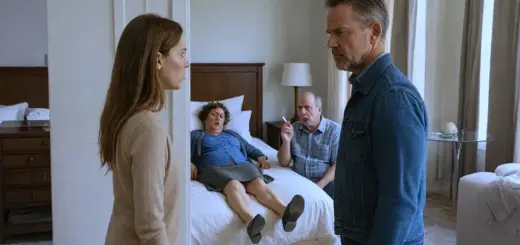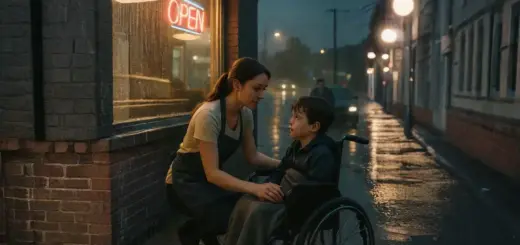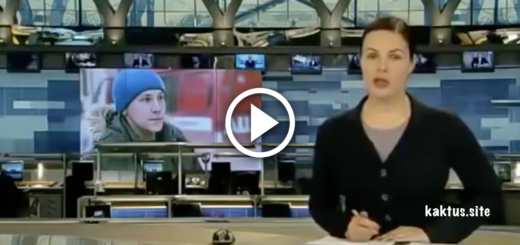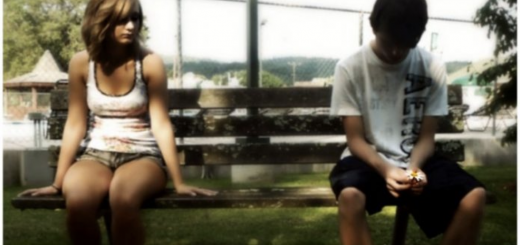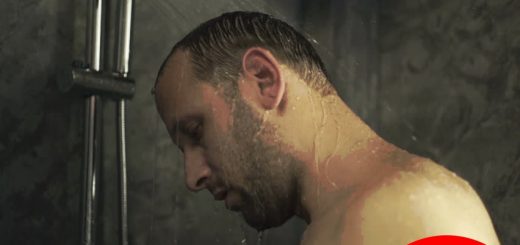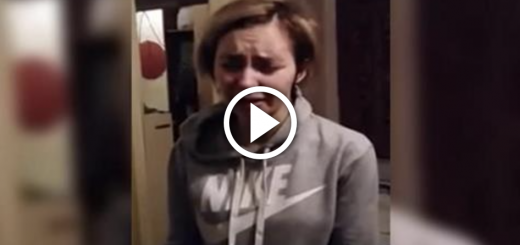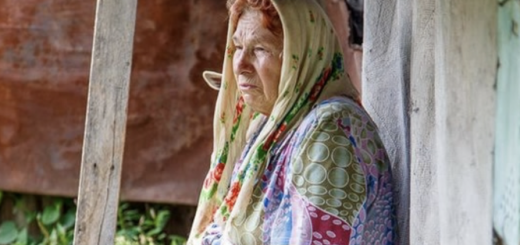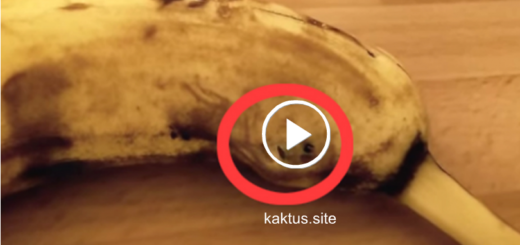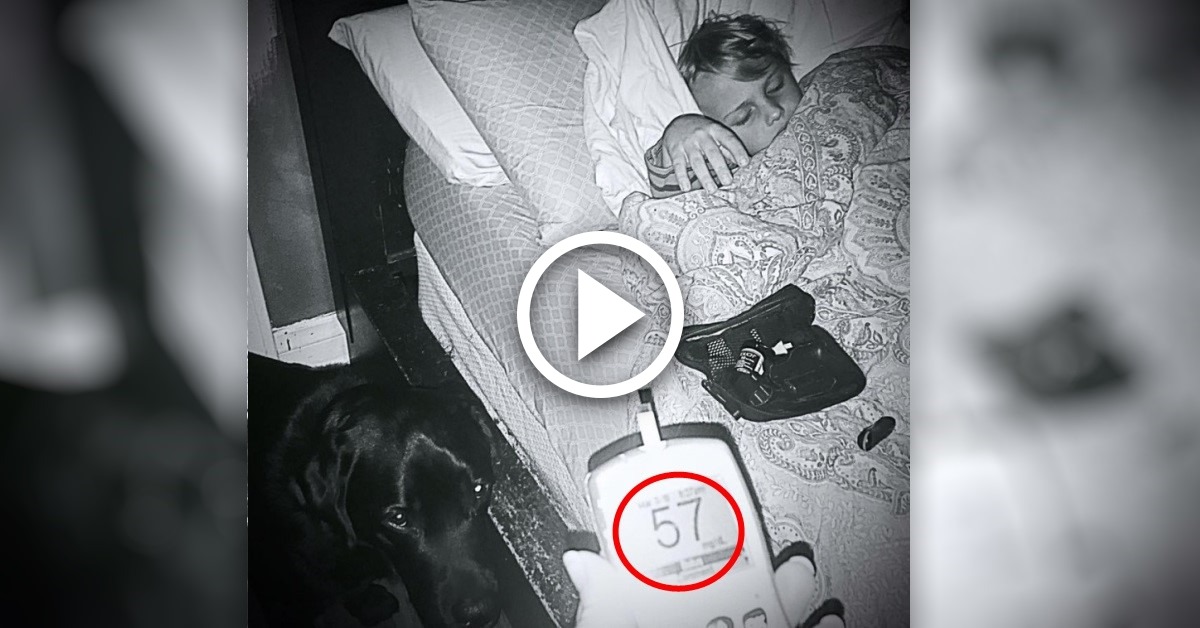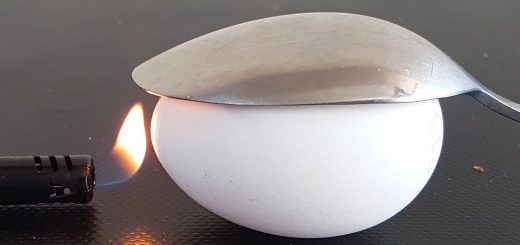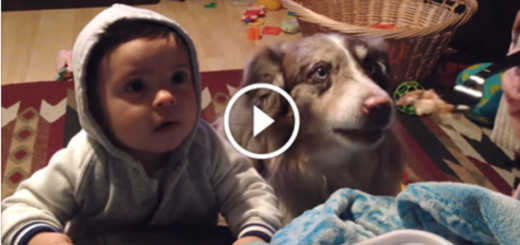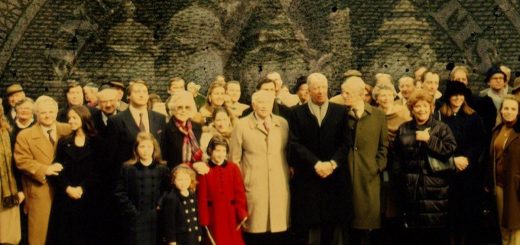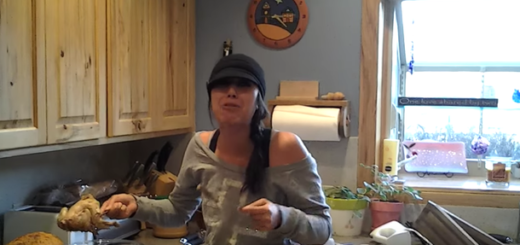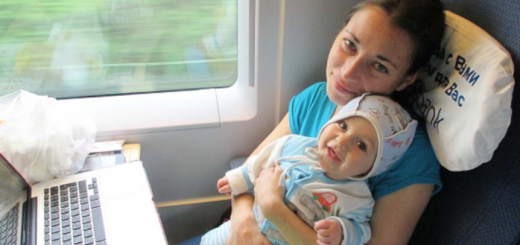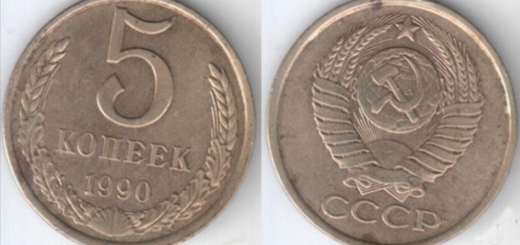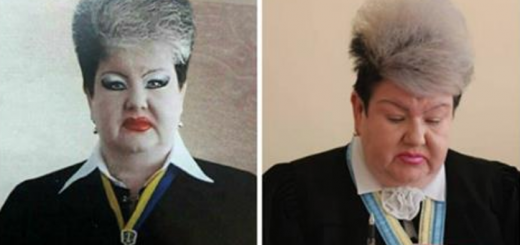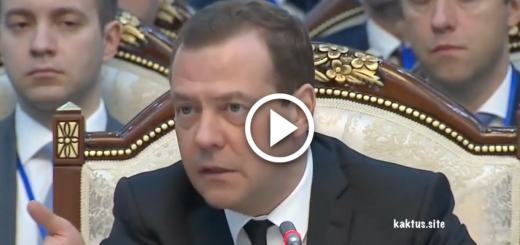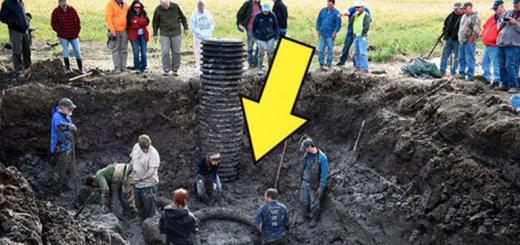At the bank, they offered me coffee. That was new. The woman behind the desk, Dana—polite, efficient, young enough to be one of Claire’s friends—called me Mrs. Delacroix with careful respect. Not because I asked her to, but because Harold had called ahead.
«I have the paperwork here,» she said, sliding a folder across the desk. «It authorizes the transfer of all account holdings into your name, fully separated from the previous estate structure.»
I nodded. «And the trust?»
«Being set up as we speak. The funds will remain secure until you assign disbursement instructions.»
I signed, one page, then another. My name on each line, my hand steady. I’d been afraid once of banks, of lawyers, of terms like «irrevocable» and «power of attorney.» I used to smile and nod while men explained things I already understood, just to keep the peace. Now I asked questions. Now I signed without apology.
Dana handed me a folder. «If anyone attempts to access the accounts, you’ll be notified immediately.»
«They won’t,» I said, «but thank you.» She smiled, genuine.
«If more clients were like you, my job would be easy.»
I left with the folder under my arm, the sun high, the sidewalk warm under my shoes. I passed two young men arguing on the corner, sharp voices, hands flying. And I didn’t flinch. Once, I might have. Once, I might have crossed the street, but not today.
I walked past the grocery store where Derek and I used to buy fruit on Sundays, past the park bench where I once watched Randall learn to ride a bike, past the courthouse where Marlene and I signed our wills side by side, laughing like girls sneaking candy. None of those places felt heavy anymore. They just felt true.
When I got home, the mail was already in the box. One envelope, handwritten. Trevor. Inside was a note, brief, sincere. «Ma, I told Randall I’m not joining the lawsuit. He didn’t take it well, said some things I won’t repeat, but I’m not backing down. I’ll pay back what I owe you, even if it takes ten years. I hope one day you’ll believe I mean that. T.»
I sat at the kitchen table with the letter in my lap, breathing in its weight. He’d made a choice. A real one. Not perfect, but brave.
That night, I went to my closet and pulled down a different box, one that held the beginnings of my own affairs. Bank documents, insurance forms, a draft of my will, still incomplete. I sat on the floor, papers spread around me like a map. For once, I didn’t feel overwhelmed. I felt steady.
And that’s when I started writing. Not just the legal language, though I included all that, clear and firm, but more. A letter, to be opened after I’m gone. To Claire, to explain what was hers and why. To tell her she reminded me what family could feel like without demand or debt or weight. To tell her that I chose her not because she was perfect, but because she was present.
And to thank her, quietly, for coming back every time when others walked away. I wrote the final line just before midnight. «You gave me back something I didn’t know I’d lost. The right to decide how my life ends. Not in silence, but in peace.»
I sealed it. Filed it. And went to bed with no noise in my chest, no ache in my bones. Just quiet. The kind that doesn’t ask for anything. The kind that stays.
I heard the knock before I saw the car. Three short raps. Not urgent, but certain. When I opened the door, Randall was standing there. No suit this time, no briefcase. Just a windbreaker, jeans, and a look I hadn’t seen on his face since he was a teenager, caught in a lie.
He didn’t ask to come in. Good. «I figured I’d try one last time,» he said.
I said nothing. Let him fill the silence.
«I know you’re angry.»
«Do you?» I asked.
He looked down, then up again. «I’ve been thinking about what Trevor said, about what you said, about Marlene.»
Still, I said nothing.
«I know I handled things badly.»
Badly. What a careful little word, like knocking over a glass of water. Not betrayal, not disrespect. Just badly.
«I was trying to protect the estate,» he continued.
«You thought—» I cut in, «you thought she didn’t know her own mind. You thought she couldn’t possibly have made a decision without consulting you.»
His jaw clenched. «She was slipping, Mom. You know she was.»
«She was. And she still had more clarity than you did.»
He opened his mouth, then closed it again. I stepped onto the porch and closed the door behind me, so we stood outside, exposed to the wind. I didn’t want his presence clinging to the walls of my home.
«I have nothing left to give you,» I said. «And I won’t pretend to respect someone who tried to strip dignity from the dead just to get paid.»
«You think I’m some kind of monster?»
«No. I think you’re a boy who never learned how to lose.»
That hit. He didn’t speak. Just looked out at the yard, where the wind had scattered dogwood petals across the steps, like confetti.
«I used to admire you,» I said, quieter now. «Not because you were successful, but because you made things happen. You had drive, focus, charm.» He nodded, still not looking at me. «But somewhere along the way, you started believing you were owed. That success meant you couldn’t be challenged. That anything outside your plan was a mistake to be corrected.»
«I was scared,» he said. «When Dad died, I…»
«We all were scared.»
He looked at me finally. «So what now? You never speak to me again?»
«I’m speaking now,» I said. «But I’m not going to reward your behavior with comfort.»
He exhaled. «You’re really going to leave it all to Claire?»
«Some of it. The rest is going to causes that mattered to Marlene. The library. The children’s shelter. Places that gave more than they took.»
He rubbed his hands together, cold now. «Then I guess this is it.»
«Yes,» I said. «And it was.»
He turned, walked down the steps, and got into his car. No yelling, no slamming, just a slow pull away from the curb. I stayed on the porch long after he was gone. The wind quieted. The light shifted. I sat on the bench Derek built and watched a squirrel dart across the lawn, unaware of the century of life echoing around it.
I didn’t feel triumphant. I felt clean. There’s a kind of grief that comes after clarity. Not the grief of loss, but of letting go of what never really belonged to you. Expectations, illusions, roles you played so long you forgot they weren’t yours to begin with. I wasn’t just their mother. I was a woman, a sister, a teacher, a keeper of promises. And I had one more promise to keep—to myself. No more shrinking, no more smoothing over, not even for blood.
The courtroom was smaller than I expected. I’d only seen it once before, years ago, when I was called for jury duty. Back then, it had felt grand, intimidating. All wood paneling and polished railings, a place built to make people feel small. But today, it didn’t feel that way. Not to me.
Harold sat beside me, calm, composed. He’d brought copies of everything: the 2008 will, the notarized statements, Marlene’s journal pages, even a photograph of the two of us signing the document at the county office. Randall sat at the other table, alone. His lawyer had called in sick, or so the clerk whispered. I didn’t believe it. I think the man simply saw the writing on the wall and chose not to stain his name chasing a ghost of a claim.
The judge was a woman, middle-aged, sharp-eyed, with no patience for performance. She read through the case file, asked Harold two questions, then turned to Randall.
«You’ve submitted a claim contesting the validity of a 2008 will, correct?»
Randall stood. «Yes, your honor.»
«On what grounds?»
«I believe my aunt was no longer of sound mind when she signed the document.»
Harold didn’t flinch. He simply handed the judge a folder. «In that folder,» he said, «you’ll find multiple documents confirming the decedent’s mental capacity at the time of signing, including her own writing, verified by a handwriting analyst, and testimony from her physician, dated the same month.»
The judge flipped through it silently. Then she looked up at Randall. «Do you have any documentation to the contrary?»
Randall shifted. «No, your honor, but…»
«Then this is hearsay and speculation. We don’t run courtrooms on either.» He opened his mouth again, but she raised a hand. «I’ve seen enough,» she said. «There is no merit to this contest. The will stands as written. Motion dismissed.»
Just like that, she struck the gavel once, short and final. Harold leaned toward me and whispered, «It’s over.»
I nodded, not because I didn’t believe him, but because I’d already known. Randall walked out without looking at me. I watched him go, not with hate, just distance. Like watching a stranger leave a room I no longer had to sit in.
Outside, the sun was sharp on the sidewalk. Harold offered to drive me home, but I declined. I wanted to walk. I walked through the square, past the old cafe where Derek proposed to me over burnt pie and strong coffee, past the bus stop where Trevor used to wait with his lunchbox swinging from his hand, past the bookstore where Marlene once bought me a secondhand cookbook I never used. Everything looked the same and nothing did.
At home, I changed into my softest sweater, put the kettle on, and sat at the window. Claire would be coming by soon. She always did on Fridays. I pictured her laugh, the way she curled her feet under her when she sat, the way she listened like it was an art. I had one final envelope to give her—not for money, not for property, but for understanding.
Inside were three pages. My handwriting, careful and deliberate. «This is not a reward. This is recognition. You showed up. You stayed. You asked nothing and gave much. I wanted you to know that even in a room full of people I raised, you made me feel seen. One day, you may be standing where I am now, looking back instead of forward. If that day comes, I want you to remember this: you owe no one your silence, not for peace, not for family, not for love.»

